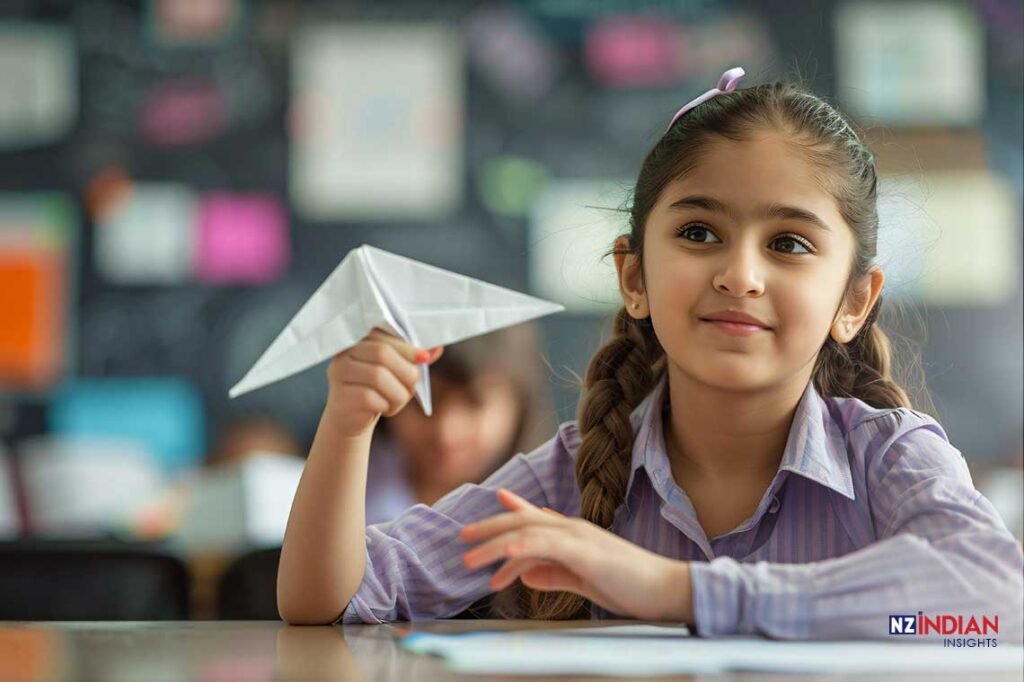For many Indian families in Aotearoa, passing on their mother tongue is more than just a sentimental act—it’s an essential part of keeping their heritage alive. Whether it’s speaking Punjabi at home, learning to write in Tamil, or singing Hindi rhymes to toddlers, language is the thread that ties generations together.
But with English being the dominant language in schools, daycares, and digital content, many parents wonder: Will our children grow up losing touch with our native tongues?

In homes where both parents are working and children are surrounded by English-speaking peers, it’s increasingly difficult to maintain fluency in Indian languages. Many kids understand their heritage language but respond in English. Others may lose interest altogether, especially if there’s no structured learning system or community engagement.
This opens an important conversation: should Indian languages be offered more formally in New Zealand schools? While Te Reo Māori and some European languages are part of the curriculum, South Asian languages rarely receive the same attention.
Some community-driven efforts, such as weekend language classes or temple-based learning programs, have seen promising results. However, they often lack funding or qualified teachers.
To shape the future of Indian languages in Aotearoa, we need input from those in the education and language policy space. How can we support bilingualism and heritage retention while still thriving in a multicultural, English-dominant environment?
If you’re an educator, language expert, or someone passionate about keeping Indian languages alive, we want to hear from you.
Share your perspective, experience, or advice through our form: https://shorturl.at/